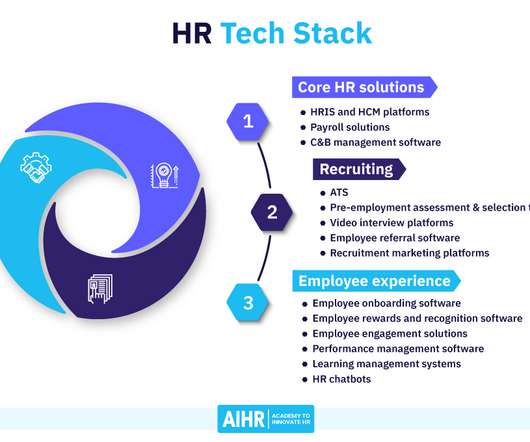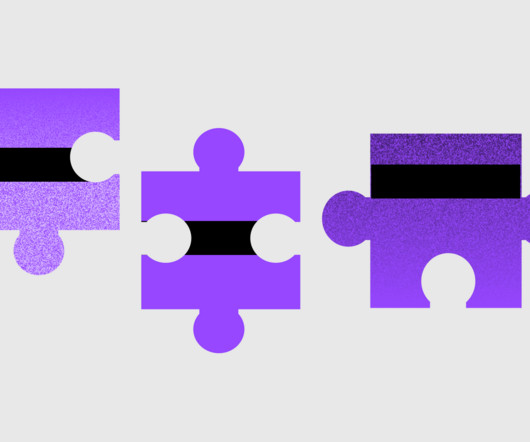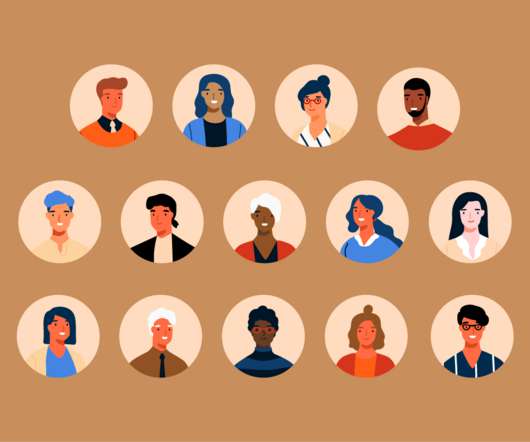What Is Human Resources?
Analytics in HR
JULY 31, 2023
They maximize employee capabilities that will help drive organizational success by identifying the skills gaps, creating L&D programs, and implementing performance management systems. Human Resources Management (HRM) is a systematic approach to managing the company’s workforce to help meet organizational goals.






















Let's personalize your content